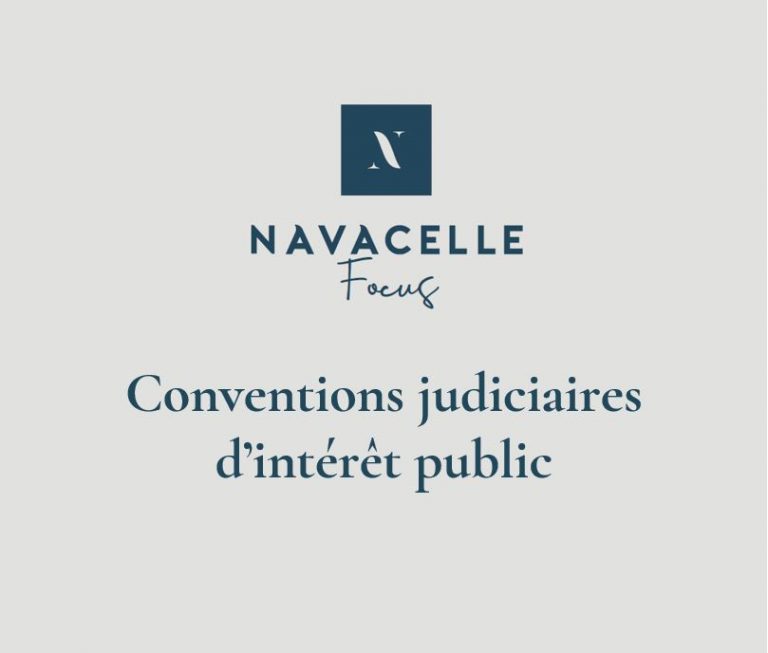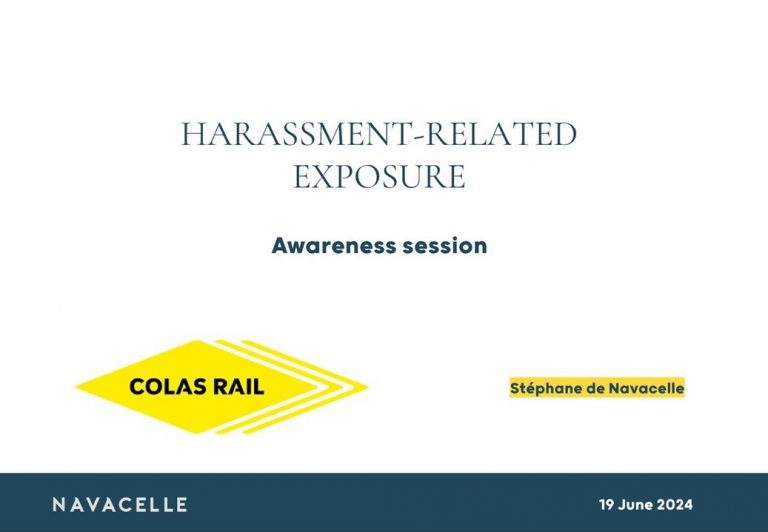The year 2016 has marked a turning point for compliance in France in the private sector as well as in the public sector given that new obligations were imposed on them by the laws n°2016-483 of 20 April 2016 on ethics, rights and obligations of public officials and n°2016-1691 of 9 December 2016 on transparency, fight against corruption and modernization of economic life (known as the Sapin II law).
The Ministry of the Armed Forces has quickly become an example in this area. Indeed, it has since defined a triple objective policy – to prevent situations of exposure for its agents, to protect itself from accusations that would tarnish its image and to promote a culture of ethics that accompanies its transformation – implemented through five types of actions – the transition of military personnel in the private sector via the Commission of ethics of military personnel, the declaration obligations, the network of ethics referents, the procedure for collecting whistleblower reports and the system for preventing corruption and breaches of probity[i].
Concretely, in 2017[ii] and 2018[iii], the Ministry of the Armed Forces set up an ethics and whistleblowing system, which is an organization dedicated to ethics and whistleblowing built mainly around “ethics and whistleblowing referents”[iv]. Their missions are particularly to raise awareness of ethical issues among the Ministry’s authorities, to provide training for the Ministry’s executives and to help decision-makers concerning conflicts of interest[v].
At the end of 2020, wishing to take another step towards a compliant administration, the Ministry of the Armed Forces published a Code of Conduct in line with the objective of the Sapin II law to prevent and detect corruption in its various meanings (active and passive corruption, influence peddling, concussion, illegal taking of interest, etc.) and conflicts of interest[vi].
This code, which has been drawn up on the basis of a risks mapping of breaches of probity by the “ethics and whistleblowing ministerial referent”, applies to all agents of the Ministry of the Armed Forces and of the public establishments under its supervision, and particularly to the agents involved in the prevention and detection of risks[vii].
The first part recalls the breaches of probity provided for in the criminal code and the notion of conflicts of interest, the second part explains how to adopt a “deontological attitude” and benefit from the development of probity culture, the third part details the way in which it is necessary to reinforce vigilance on the main activities at risk (public contracts, accounting, human resources), and finally, the fourth part lists the interlocutors who can be contacted for information or advice, to report forbidden behavior, or to secure a departure for the private sector[viii].
This code therefore demonstrates a clear commitment by the Ministry of the Armed Forces to the prevention of corruption and, more broadly, to compliance requirements. While it is true that many ministries have already set up ethics referents (for example, Interior, Culture, Foreign Affairs[ix]) and that a “network of ethics referents” has even been launched on September 16, 2019[x], the fact remains that the Ministry of the Armed Forces is the first to adopt such a fundamental text[xi].
In the hope that the Ministry of the Armed Forces will serve as model for the rest of the Ministries and more generally for all public administrations, this anti-corruption initiative can only be commended.











